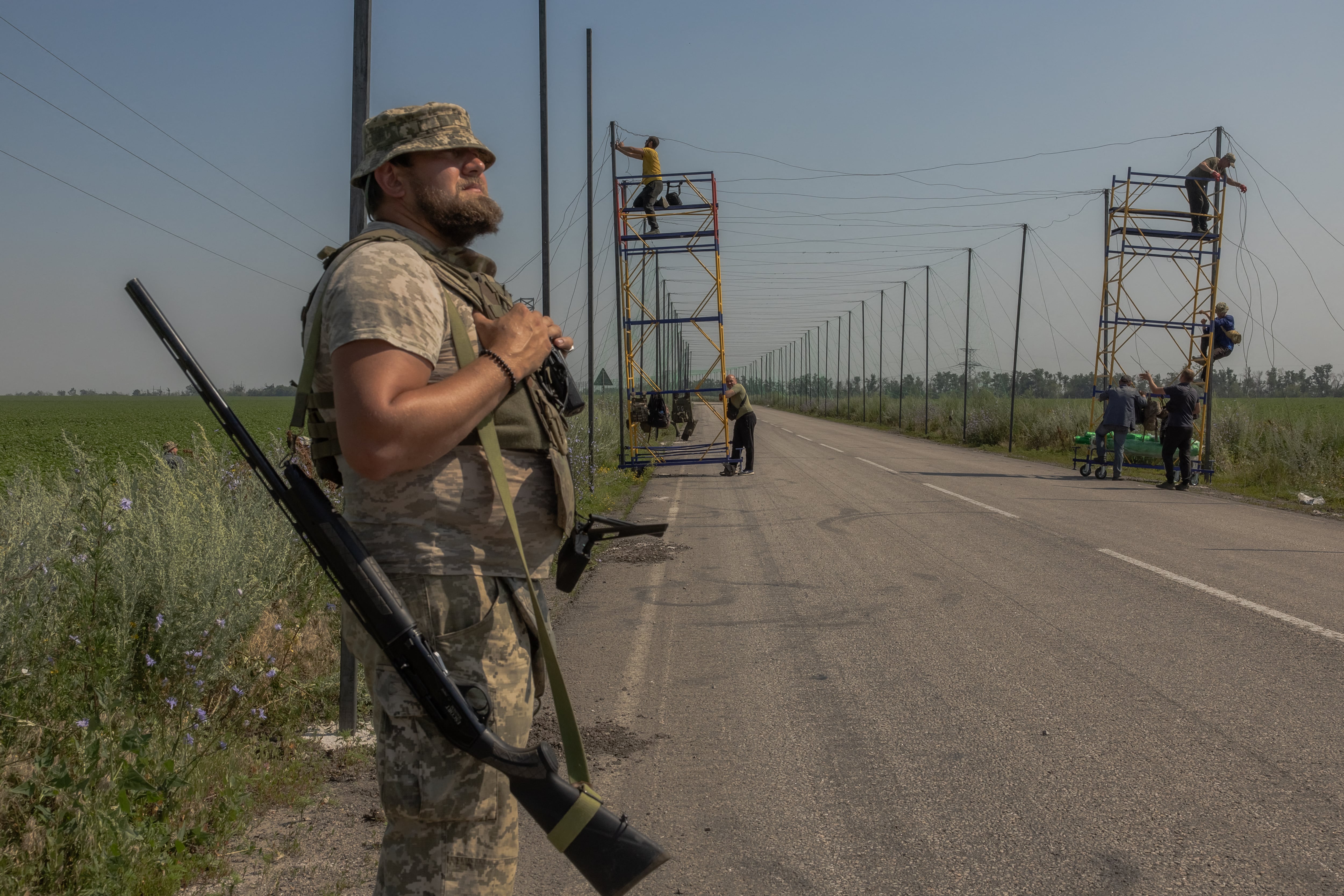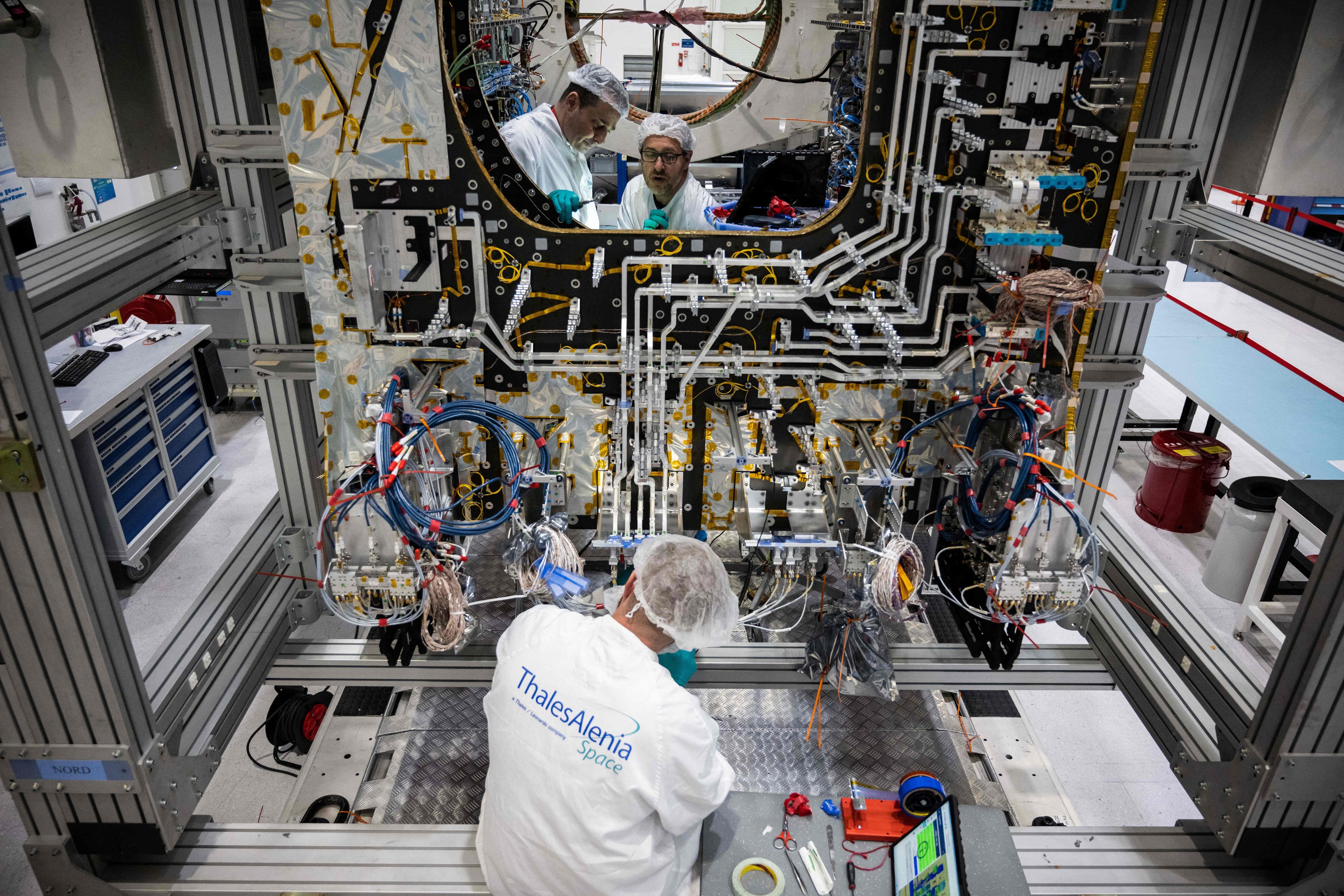While Although average Americans use commercial smartphones for business and personal communicationon the go to maintain open lines of communication with business colleagues, associates, family or friends, the military has been slow to adopters of commercial mobile systems given security vulnerabilities. With recent pushes to secure these miniature computers for use in the field, the services are starting to adopt smartphones and tablets at the tactical edge.
One recent example is the Marine Air-Ground Task Force Common Handheld program, designed to identify commercial handheld devices, customize software and ensure proper security.
"There have been a lot requests from the infantry community to use commercial smart devices for dismounted Marines for reference and tactical sharing," said Maj. Kevin Shepherd, team lead for Marine Air-Ground Task Force Common Handheld at MCSC’s MAGTF Command, Control and Communications. "Until recently, it was too expensive to create custom rugged devices that work independently from the vehicles’ mounted systems. But as cells phones and tablets started becoming cheaper, we began looking at commercial devices as an option."
In rolling out the program, which was a response to Marine feedback, Marine Corps Systems Command partnered with the NSA's Commercial Solutions for Classified program to address security considerations inherent in commercial products. NSA's Commercial Solutions for Classified program works to clear commercial products to be used in classified communication.
"Take a Marine who is out on patrol and needs to send a spot report of a suspicious activity. With a swipe of an app they will be able to send information to the central command without having to boot up a laptop," said Lt. Col. Tamara Campbell, product manager for integration, interoperability and situational awareness at MC3. "What Marines will have is a device that they know is secure and will not compromise their position."
"Up until this point, handheld commercial devices used for tactical purposes had to be reprogrammed with military-owned security not found in the original device," said Shepherd. "Working with CSfC, we are using their approved list of devices. These devices will all have multiple layers of encryption, both on the phone and in transmission. If obtained by the wrong person, our devices should withstand any hacks long after the tactical information loses value."
While the Marines are not working directly with the Defense Information Systems Agency, a spokesperson for Marines Corps Systems Command said the service is leveraging lessons learned from DISA. The Marines have worked with DARPA and other federal agencies, however.
With a request for information on the program already released, the spokesperson said a second notice will be released to ensure a request for proposal lines up with industry capabilities.
The Marines currently don't possess a fielded device or system in this function, the spokesperson told C4ISRNET in an email, adding the service is working to fill the Joint Battle Command–Platform dismount requirement, a digital command system providing integrated command and control and situational awareness information to tactical combat, combat support and combat support commanders. "One of the primary focuses for the Marine Corps is interoperability across the MAGTF. This includes talking to Naval Aviation assets and ship board C2 systems that will likely be in support of Marines in a combat situation," they said.
The Marines said the first common handheld devices to be fielded are scheduled for infantry squad leaders in fiscal 2019 and will be loaded with the Joint Battle Command-Platform application, described as a "next-generation friendly force tracking system that equips users with secure data encryption and advanced logistics capabilities."
"This project is huge, because right from the start the MAGTF Common Handheld program will provide Marines with [a] large amount of data such as maps and imagery, keeping them more agile no matter the mission," said Shepherd.
The Marines Corps Systems Command common handheld team was awarded the Elite 6 award during the C4ISR & Networks 2016 Conference in May. The award recognizes technological and capability development in mobility, C2/COMMS, cyber, unmanned systems, intelligence, surveillance, reconnaissance, sensors, IT and networks and geospatial intelligence.
Mark Pomerleau is a reporter for C4ISRNET, covering information warfare and cyberspace.








